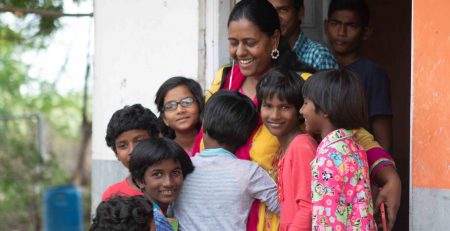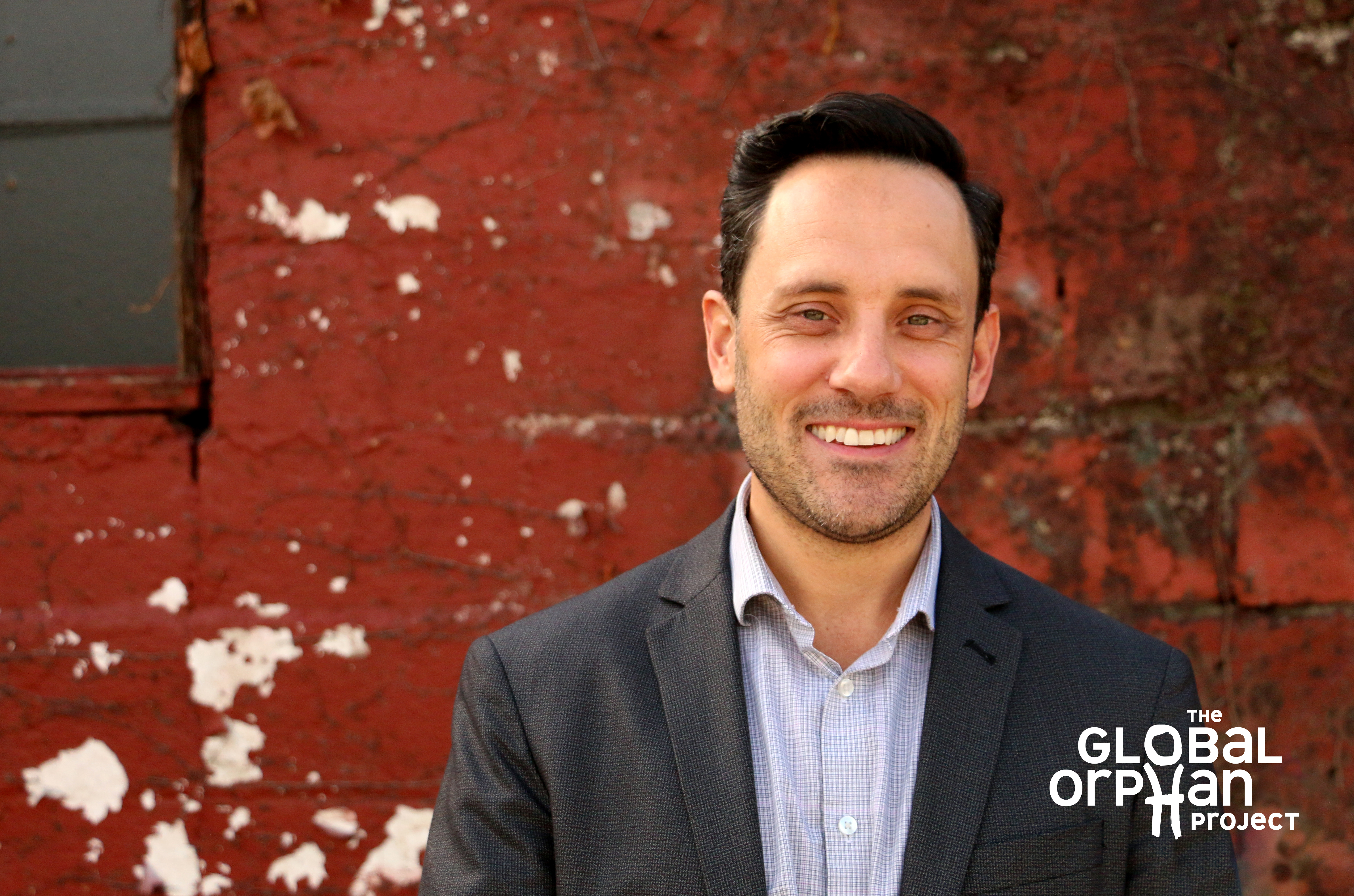Breaking bread together
by Jenni (GO Fellow)
 180 children live and go to school in the GO Project-partner village of Casa Major, Haiti. Recently, they enlarged their eating pavilion, which previously felt crammed at about 30 children. I found myself wondering about the importance of having a meal with other people. Jesus frequently ate with people of every variety: from tax collectors to Pharisees, friends like Lazarus to His own disciples. The book of Acts makes note of Christ’s followers and early church leaders continuing prayer, teachings, and eating together on a regular basis.
180 children live and go to school in the GO Project-partner village of Casa Major, Haiti. Recently, they enlarged their eating pavilion, which previously felt crammed at about 30 children. I found myself wondering about the importance of having a meal with other people. Jesus frequently ate with people of every variety: from tax collectors to Pharisees, friends like Lazarus to His own disciples. The book of Acts makes note of Christ’s followers and early church leaders continuing prayer, teachings, and eating together on a regular basis.
So what is the significance?
I’m reminded of my own family. It has always been difficult for us to get past all of our activities and distractions to come together and spend time talking and eating. Those times when we finally do sit down with one another are refreshing, although a little awkward with their infrequency. These instances have always reminded me of how key it is to fellowship with family, whether that be with friends, fellow believers, or biological family members. The simple act of being together has the potential to unite us, encourage us, and grow us, while giving us a sense of security, a safe place for those times when the world is a scary place.
 But what is it about eating together?
But what is it about eating together?
I’ve often heard it said, “You are what you eat.” If this only meant food, I’d have to be worried about the amount of chicken I’ve had since coming to Haiti in December of 2011. But eating also relates to consuming. What is it that we consume when we eat together versus eating alone? The children of the Casa Major village often eat rice with beans and bread from the bakery but what more are they consuming when they are in one another’s company and able to talk and pray as a group? Now that the cafeteria space is finished, it seats all of them and provides a shelter for eating and praying that protects against the sun and bad weather. In addition, it creates an open and shady place for kids to play and spend time together. While the larger eating pavilion may start as a small concept, more tables and benches with a roof overhead, the impact on the relationships being built with it are complex and integral to Casa Major’s life as a village and a family.
Jenni is a GO Project Fellow serving in Haiti. You can learn more and follow her adventures HERE>>

